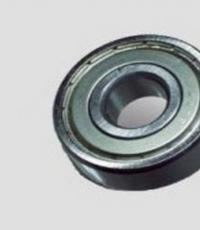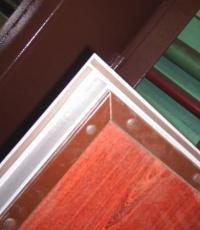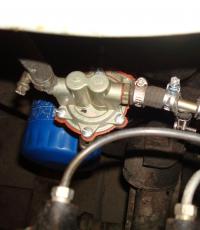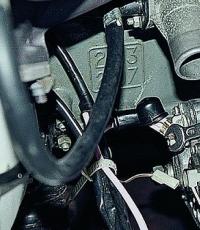Gearbox sang: troubleshooting
- reliability, efficiency, simplicity of design. You can supplement the list of positive aspects of mechanics with maintainability and low cost compared to other gearboxes. But if the gearbox howls, then all the pluses begin to fade unpleasantly.
The howl of the gearbox is an unpleasant thing, but often found in mechanics. In general, if something howls in a car while driving, then this is an unpleasant thing, and even more unpleasant when there is an understanding that one of the main units of the car is faulty. This problem extends not only to domestic cars, but also to foreign cars.
If you are interested in renting special equipment, Dekar Stroy will help you with this.
Oil: could it be the reason?
There are several reasons why the gearbox starts to howl. The first, most common, is the oil level in the box. Many motorists do not attach importance to the need to control the oil level in the gearbox. This leads to oil starvation in the fifth gear, which is higher than the rest. Due to the lack of oil, the bearings begin to overheat and fail. This is accompanied by a high-pitched howl that occurs when driving in fifth gear. Such a disease is treated by overflowing 100 - 200 grams of gear oil above the level with its constant monitoring.
Some may say that overfilling the oil will cause it to leak through the seals. To prevent this from happening, it is necessary first of all to clean the breather, and secondly, pour the oil in parts, gradually. For example, first 100 grams, and after a while, in the absence of a leak, so much more. You can also add a second oil seal to the gearbox link.
The next, no less common reason for the sound of the gearbox is the poor quality of the transmission oil poured into the gearbox or incorrectly selected. If we talk about domestic cars, then, for example, the use of oils of the APIGL-5 category in the gearbox of front-wheel drive VAZs leads to rapid wear of the synchronizers, which will cause the noise of the box when switching. Therefore, the use of an APIGL-4 class transmission is mandatory. Domestic oils of this classification are quite difficult to find, so foreign manufacturers have to use lubricants. But their use can significantly extend the life of the gearbox, avoiding various sounds when driving.
In addition, insufficient or excessive viscosity of the oil used also affects the wear of the box parts and the presence of sound during its operation. So, for example, a very thick oil with a viscosity of 85W-90 creates a strong film, protecting gears from wear, but at the same time, lubricant access to some parts of the box is difficult, which may suffer from oil starvation, failing prematurely. It will also be difficult to shift gears due to the need for synchronizers to squeeze out excess oil, which again will lead to rapid wear of parts. The first sign of a very thick oil will be the presence of a howl on a cold one and its disappearance on a warm unit.
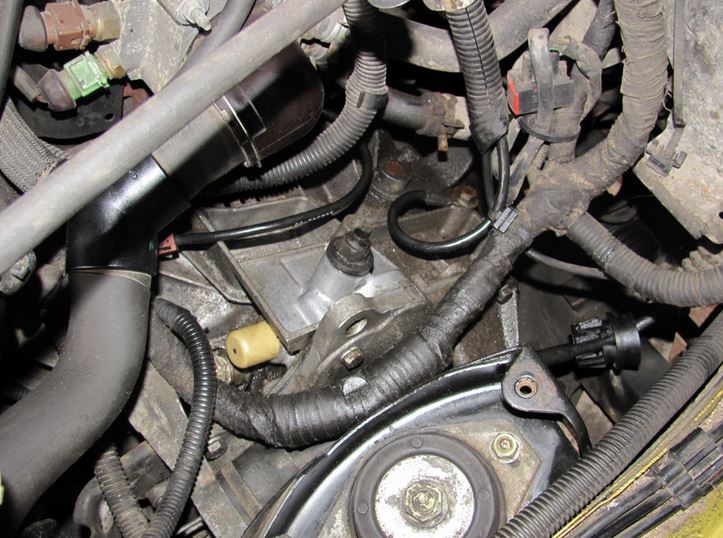
Too thin oil will cause the opposite effect, in which the oil film will break off when hot, accelerating the wear of gearbox parts, which will again be accompanied by a howl and hum.
You should be extremely careful in choosing gear oil according to the recommendations of the manufacturer and experienced servicemen.
Oil additives: is it possible to do without repair?
If an oil change does not help, the gearbox howls, then it is necessary to repair the unit. Many people may say about adding additives, but this does not help in 80 percent of cases. According to the reviews of many motorists, the addition of additives can only temporarily or not completely muffle the sound, but it will not completely solve the problem.
Chemically active substances contained in revitalizing additives form a ceramic-metal layer on the surface of worn gears and bearings, which, according to the manufacturer, restores the geometry of parts and compensates for wear. Of course, if the howl of the gearbox is barely audible, it has just begun, then adding, for example, Hado, may well delay the problem with the repair of the gearbox. But it may not help if the problem is already old, and the wear of the units of the unit is significant. Then a repair is definitely needed.
Diagnostics and repair
As for the repair of the gearbox, it is very important to start by correctly diagnosing a possible malfunction of the unit, to try to determine why the box emits a howl without removing the unit. Usually the box howls not in all modes, but at some speeds. If a howl accompanies movement in 1,2,3 gears, then this usually indicates problems with the bearing connecting the primary and secondary shafts, more precisely, its wear. The only way out is to replace it. But there is a small nuance - if the bearing is a needle bearing that does not have a cage, then simply replacing the needles may not help. This will require replacement shafts. And this is a serious renovation.
It is also possible to have a howl when the working pair of gears located on the primary and secondary shafts of these gears is worn out. Or with poor-quality factory processing and installation after repair. One of the hallmarks of gear wear is howling under load and decreasing when there is no traction. A worn bearing will make noise in any case - there is a load or not. But you can determine exactly the reasons only by disassembling the gearbox, showing the specialist if the repair is done by yourself.
If there is a howl in 5th gear, the first thing to do is to check and add oil to the unit if necessary, as already mentioned earlier. But if this does not help, then it is most likely that the fifth gear needs to be replaced. This is determined by opening the box. Previously, by sound at high speed, you can determine the cause - with a frank howl, the gear is worn out, with a squeak of more than 100 km / h - most likely, the bearing.
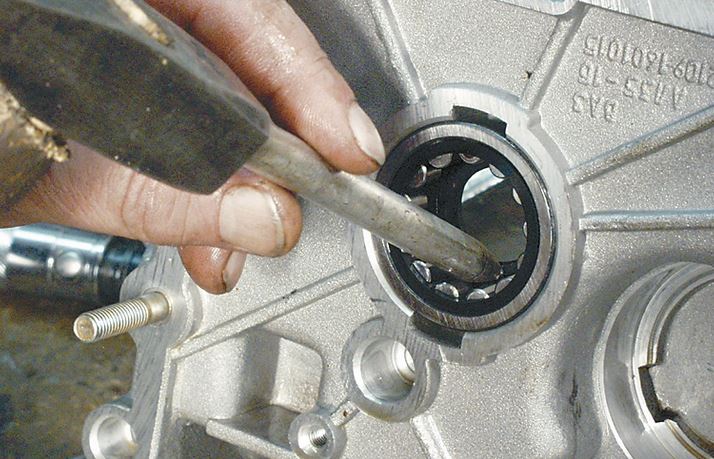
If the box of front-wheel drive cars howls in all gears, then there is a high probability of wear on the input shaft bearing. But replacing it often does not lead to a positive result, so changing it in the presence of a slight howl is not recommended.
Or maybe it's not a box at all?
When diagnosing a gearbox, be sure to carefully consider the fact that in the presence of an ever-increasing howl in all gears, not only the gearbox can be guilty of the origin of sounds. On models with a classic drive, the source of the howl may be the rear axle gearbox, which has a bevel hypoid gear. With wear of the gear teeth or with a significant play of the bearings, the howl will accompany all modes of movement. Similar symptoms also accompany an all-wheel drive vehicle in the event of a front axle malfunction. In this case, the sound will come from the center of the cabin, and be observed under loads.
Summing up
When repairing a singing gearbox, it is important to remember the poor quality of manufactured units and spare parts. It is not indicative that the purchased spare parts or units are new - there may be defects in them. Sometimes, with minor noises in the gearbox, it is easier to add the sound of the radio in the cabin than trying to eliminate the cricket several times to sort out the box.
Good luck on the roads!
Not really

